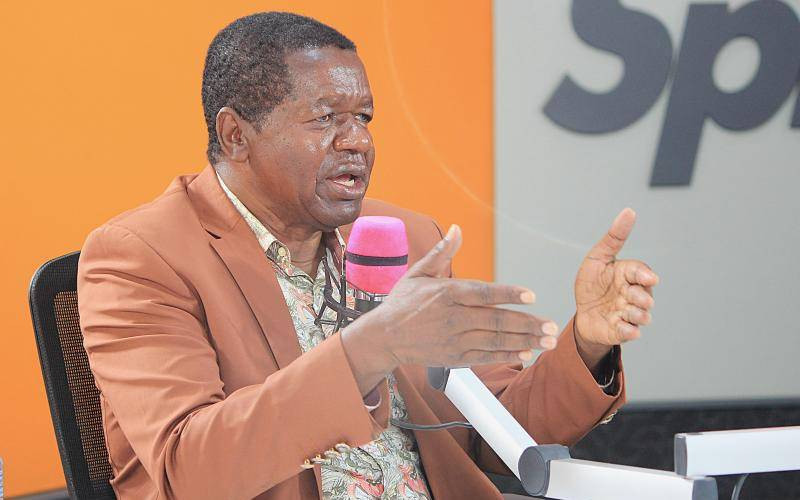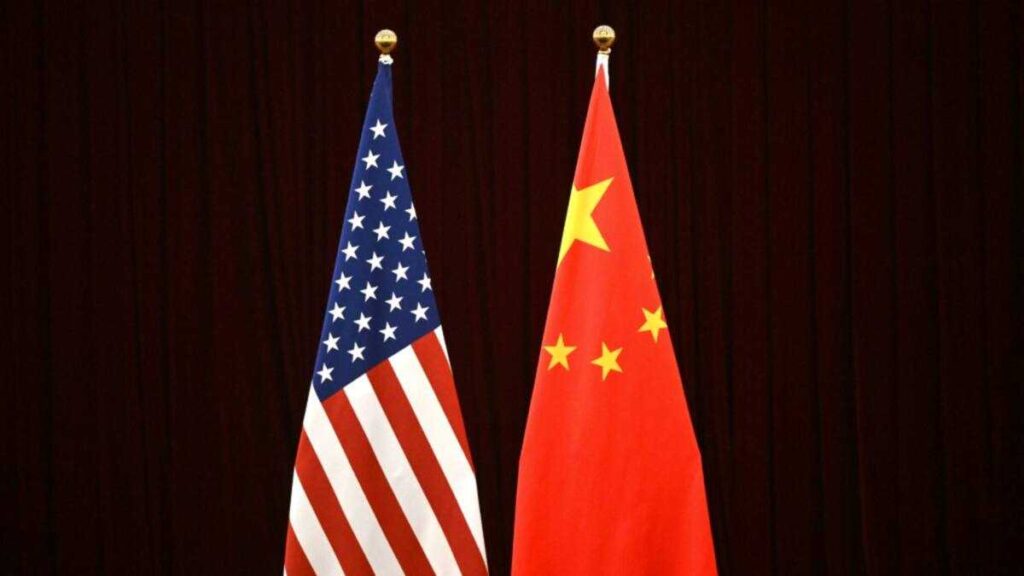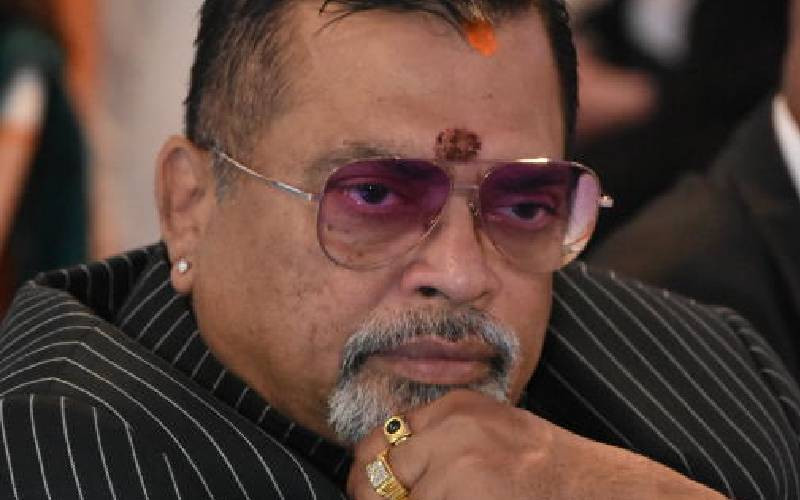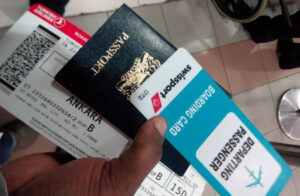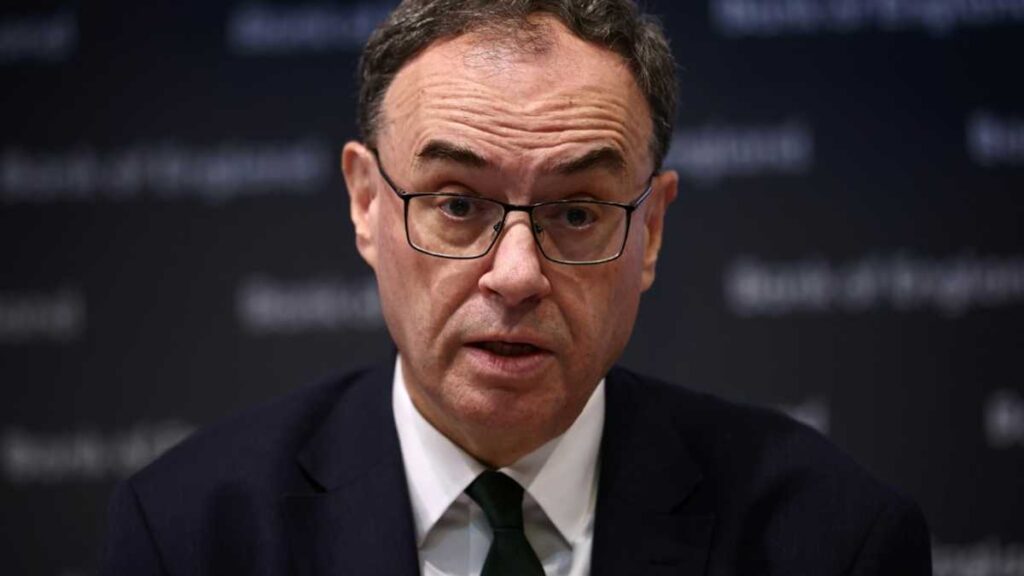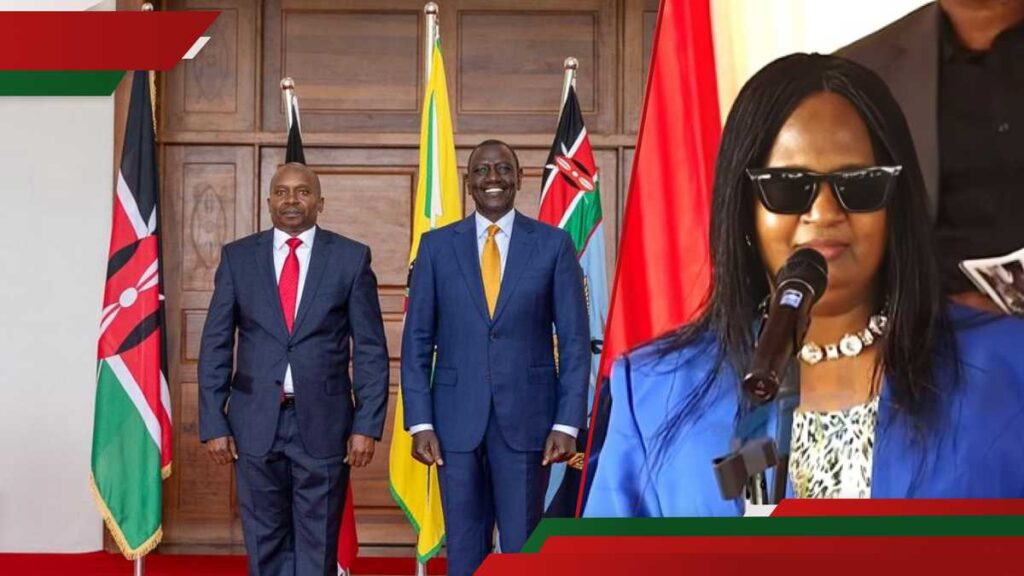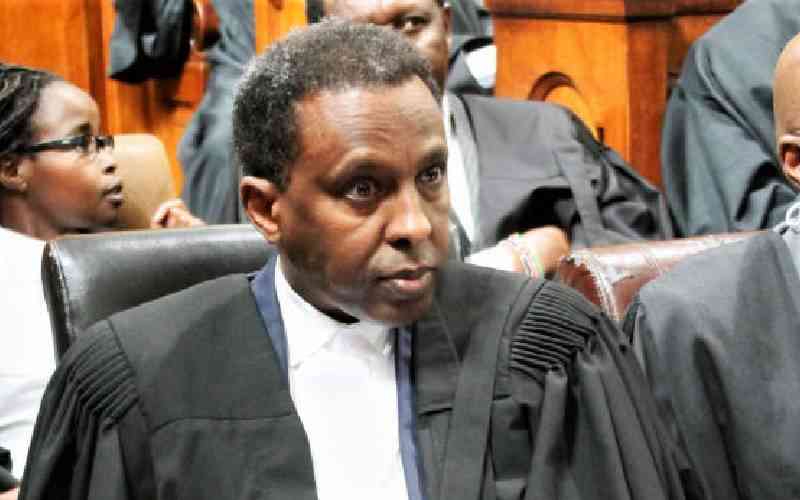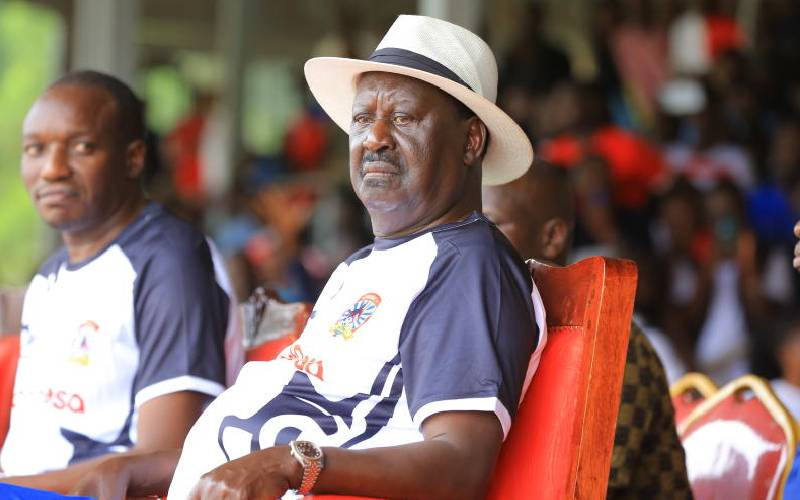Former Independent Electoral and Boundaries Commission (IEBC) Chief Executive Officer James Oswago has lifted the lid on what he calls the deep-rooted structural flaws and political interference.
Oswago says this continues to undermine Kenya’s electoral integrity, saying the commission is expected to deliver what it fundamentally cannot.
In an interview with Spice FM, Oswago said the IEBC lacks the operational autonomy to resist external influence, which in turn compromises the credibility of election outcomes at the presidential level.
“IEBC finds commissioners who will bend to external influence. When we begin the quarrels we saw recently, if they are not merited, the public image is already solid. The only capital IEBC has is legitimacy in the minds of Kenyans,” Oswago stated.
While defending IEBC’s technical capacity, especially at the constituency and ward levels Oswago admitted that the commission still struggles at the presidential tallying level.
“If you do six elections and there’s no quarrel in five but always in the sixth at the presidential level then the problem is not in the processes. It’s the architecture in which IEBC operates. That’s what must be cured,” he stated.
According to Oswago, it is only the Judiciary that enjoys a relatively higher degree of independence when it comes to appointments.
“Is the autonomy of justices what makes it difficult to influence any appointment depending on how you are connected. But that is not the case with other positions. We must find a mechanism to bring up truly independent IEBC commissioners,” he said.
He warned that a lack of insulation from political interests leaves the commission delivering results that, even if technically accurate, are politically suspect.
“IEBC can give you a bad result that Kenyans will believe is true and can also give a good one,” he explained.
Oswago faulted the unresolved contradictions in Kenya’s political structure which centralizes the presidency and its effect on ethnic competition.
“For 20 years, Kenyans wanted a new constitution. We got it. But we built two things concurrently: devolution and an imperial presidency. We did something on devolution, but what we left with the presidency leaves much to be desired,” he said.
He argued that the country’s toxic obsession with the presidency is rooted in the absence of alternative centres of power within the executive.
“Unless Kenyans restructure the executive, we will not progress. You need a counterbalance, maybe a Prime Minister’s office. Otherwise, we will continue seeing the government as ‘ours’ or ‘theirs’ depending on who is in charge,” he said.
Stay informed. Subscribe to our newsletter
Oswago called for a complete overhaul of Kenya’s electoral system, warning that the current “first-past-the-post” model breeds tribal polarization and disillusionment.
“Across the world, proportional representation is the norm. It’s only in Africa, except South Africa that we cling to first-past-the-post. Proportional representation gives even losing parties a sense of being represented. What we have today only fuels division,” he said.
Oswago said Kenya expects too much from an electoral commission that operates in a broken political, legal, and cultural system.
“Since I left IEBC, I’ve come to the conclusion Kenyans expect IEBC to deliver something it cannot deliver. Technically, they can run a good election. But if the rules outside the commission are flawed, the outcome will still be contested,” he said.








